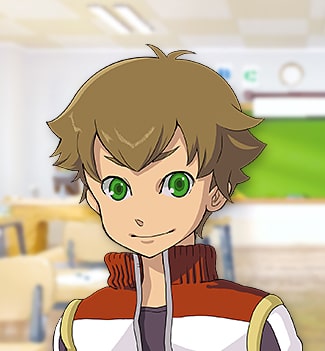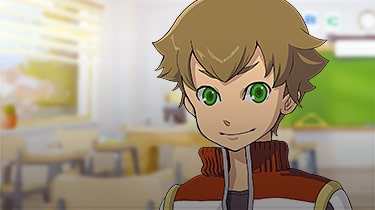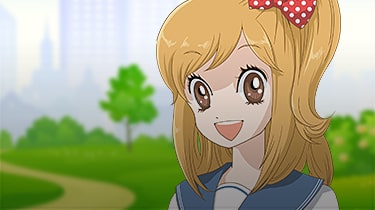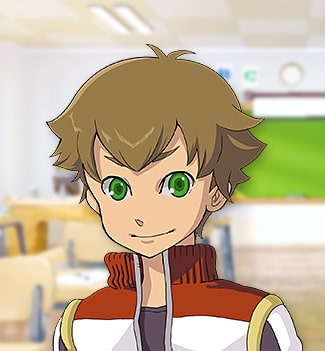Choose character

Boy
Character overview
- Single phrase
- Grammar
- Alias
- うん!
- 助けなきゃ。
- いっしょに行こうよ。
- 絶対、負けないぞ!
- あきらめるもんか。
- すごいや!
- ひどいよ、ボクも連れてってよ。
- ぼく父さんみたいに強くなりたいな。
- 大丈夫だよ。心配するなよ。
- こわいよー。おしっこ出ちゃうよー。
- ちぇっ、つまんないのー。
- ボクがやっつけてやる!
- やーい、ひっかかったー。
- いいもん、見ーっけ。
- よーし、行くぞー。
- やいっ、かかってこい。
- わーいわーい。
- バイバイ、元気でな。
- お前なんか嫌いだ。
- ざまーみろ。
- written in
- 漢字・かな
- かな
- Roma-ji








